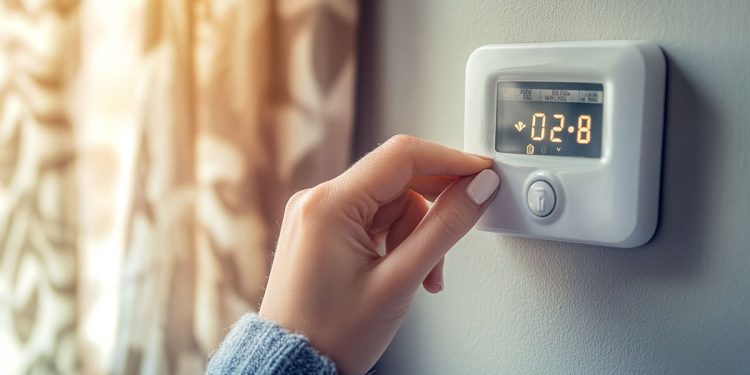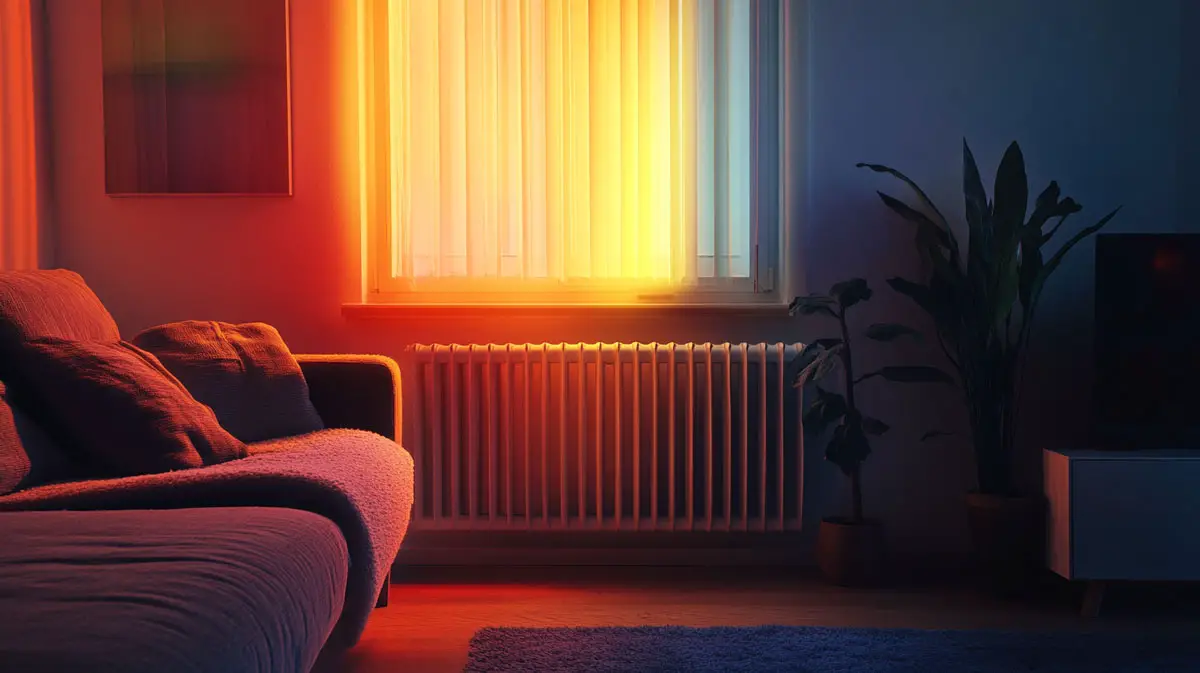Tips For Lowering Your Energy Bills

In the UK, a substantial portion of the overall cost of living is imposed by energy bills. For a typical house in the UK, the price cap will put spending at around £1,849 per year. Of course, if your household consumes less energy, you’ll end up paying less. But exactly which measures are effective in limiting your household energy consumption? Let’s take a look at what works.
Optimise Heating with Smart Thermostats
A smart thermostat is a way of controlling exactly when your heating systems kick in. These pay attention not only to the schedule you set, but to your behaviour and presence in the home. They can also be programmed remotely, so that, if you’re out and about, you can set the temperature so that the home is comfortable when you walk back through the front door.
Enhance Insulation Throughout Your Home
The better your home is insulated, the less money you’ll need to spend on heating, and the more comfortable the home will be. Obviously, when heat is able to leak through the fabric of the surrounding structure, it will need to be replaced. Heat that is retained is money saved.
For most homeowners, it’s loft and cavity wall insulation that might be prioritised. However, you might also look at insulating the floor, especially in older homes. If your garage space is heated, then this might be treated as a special priority, especially if you’ve converted it from a non-habitable space. The installation of special features, such as roller garage doors, might make a big difference.
Switch to a Time-of-Use Tariff
Some suppliers in the UK will offer special tariffs that reflect the real cost of providing electricity. What this means, in practice, is that electricity will cost less at night, when the demand on the grid is lower. This might allow homeowners to cut the cost of running energy-intensive appliances, like tumble dryers, dishwashers, and car battery chargers.
Upgrade to Energy-Efficient Appliances
Of course, certain appliances suck up a lot of electricity. In some cases, the cost of an upgrade can be quickly offset by the savings. For example, LED bulbs will often pay for themselves within a few months.
If you’re shopping for new appliances, it’s worth looking at their energy rating. This is typically provided as a colour-coded system of letters, with an ‘A’ being the best. Bear in mind that the modern system of energy ratings was introduced quite recently, in 2021, because new energy-efficient appliances were frequently going off the scale. As such, they can’t be used to compare performance with older appliances. If you want to know exactly how much you’ll save, you’ll want to look at the energy consumption of the appliance in watts.










